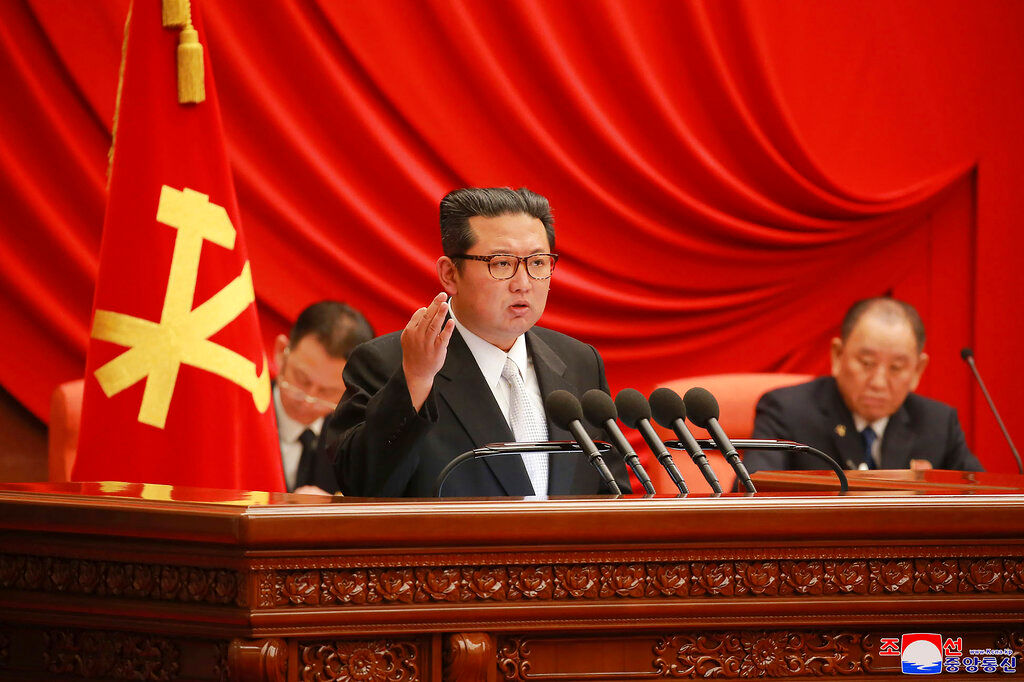North Korea on Thursday announced its first-ever COVID-19 case more than two years into the pandemic, resulting in a blanket lockdown order across the country.
The news came to light after a state media outlet, the Korean Central News Agency (KCNA), reported that an unspecified number of people had tested positive for COVID-19 in Pyongyang.
Also read | Why is South Korea making ‘audacious’ plans to help North Korean economy?
KCNA also reported that Supreme Leader Kim Jong-un held a meeting with the Politburo of the ruling Korean Workers’ Party’s wherein he ordered the immediate adoption of strict measures to reduce COVID-19 transmission and eliminate the infection at the source.
Among the measures to be taken, Kim ordered “all cities and counties across the country to thoroughly lockdown their areas” to keep the “transmission of [the] malicious virus” at bay.
Also read | How North Korea is bribing South Koreans with crypto for military secrets
However, the KCNA also reported that Kim ordered officials to go ahead with state projects such as agricultural development and defensive activities despite the lockdown: “the single-minded public unity is the most powerful guarantee that can win in this anti-pandemic fight,” Kim was quoted as saying by the media outlet.
The news of COVID-19 in North Korea confirms long-held suspicions by experts across the world about Pyongyang’s claims of having zero infections.
Also read | North Korea to test nukes this month? US certainly thinks so
After the pandemic began in 2020, North Korea closed its borders, and had maintained that it was completely COVID-free, a claim that raised many eyebrows.
With the presence of COVID now confirmed in the country, experts fear that a large-scale outbreak could be devastating for Pyongyang, which was antiquated healthcare systems and no vaccines in all likelihood: while Pyongyang had claimed that it was developing a COVID-19 vaccine in August 2020, there has been no mention of said jab ever since.







